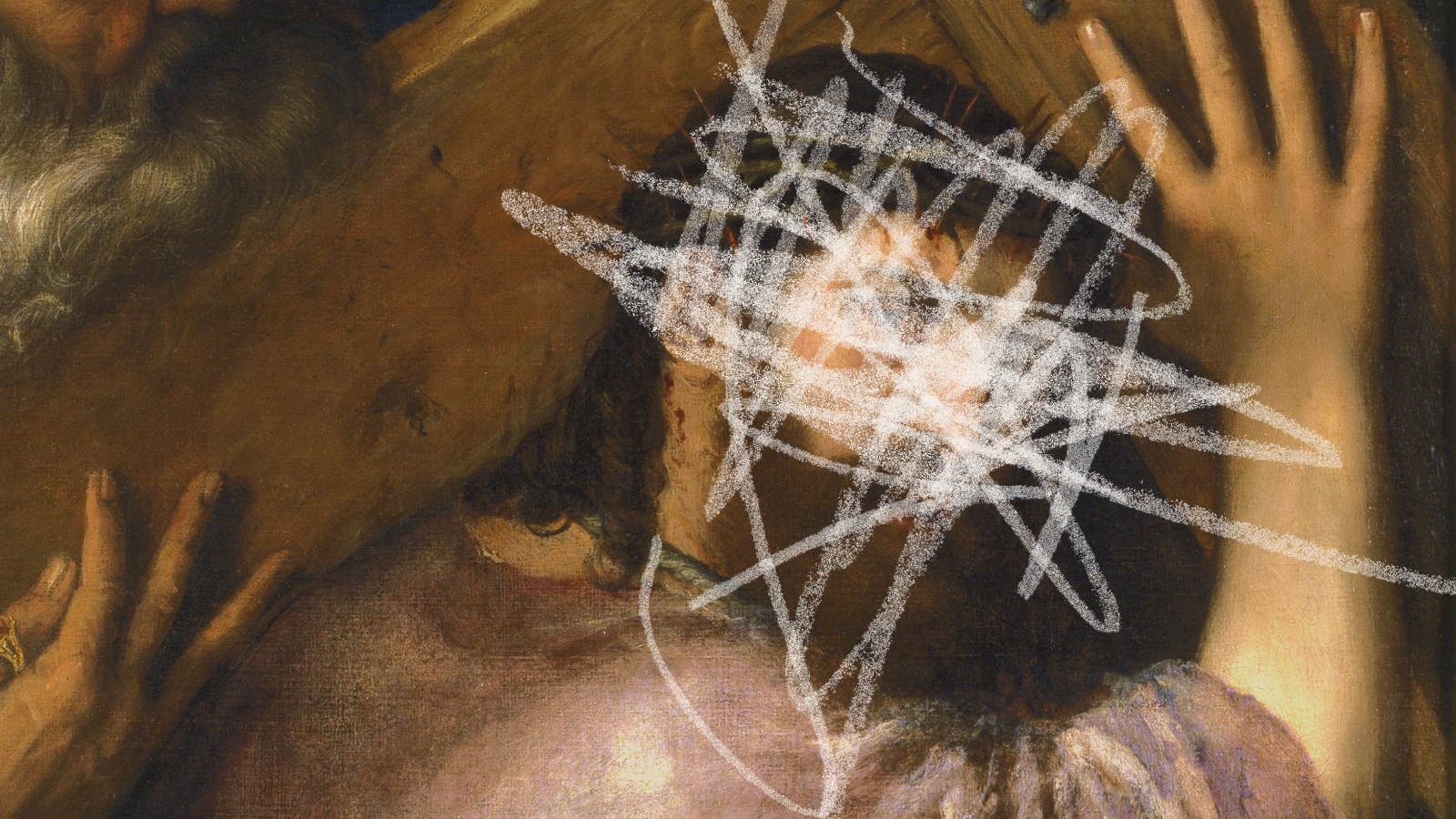The Morality of Paywalls and the Future of the Internet

Articles at The Times (of London) now sit behind a paywall: two bucks a day or four bucks a week; The New York Times is building a paywall as you read; The Christian Science Monitor now publishes its paper weekly instead of daily. Major news organizations are changing, but will paywalls work? Nobody knows. Indeed what drives the development of paywalls at present, and those opposed to their creation, are not financial calculations, but, at base, moral ideas about journalism and the Internet.
The figure head of the paywall camp is undoubtedly Rupert Murdoch and his omnipresent News Corporation. Leading the opposition is Clay Shirky: artist turned artist-techy who has both a good grasp of the facts and an innovative vision of the future. But the two men steer boats that pass each other in the night: Murdoch is much preoccupied with saving his business and, along with it, capital-J journalism. Shirky, on the other hand, prefers to consider the Internet as a whole and, importantly, sees the fate of paywalls running parallel to the fate of the Internet. And that the Internet is not easily partitioned is one of its most wonderful characteristics, says Shirky.
It will be impossible to arrive at anything like a conclusion by listening to the ideas of Murdoch and Shirky because they have different start and end points. Murdoch, looked at in good light, is a warrior for good journalism, the kind that needs funds for its investigations, and the kind that pays its writers enough to eat. Murdoch’s vision for the Internet, however, is not nearly as forward looking as Shirky. It’s not at all surprising. Murdoch is 79. Shirky is 45.
More the futurist, Shriky says, “Let a thousand flowers bloom to replace newspapers; don’t build a paywall around a public good.” I’m inclined to say that, as The Christian Science Monitor suggests, nobody will be too broken up about losing newspapers, but losing journalism? That’s another question. How good will the public good of journalism be in a world where people don’t pay for news?
Firstly, as this Prospect Magazine article points out, it’s hardly free in the first place. Only after buying a computer, then an Internet subscription, are you’re ready to read the “free” news. But the point is that worthwhile investigations take time and money. That’s a truth I don’t see the future changing radically, but like Shirky, I say let a thousand flowers bloom.





